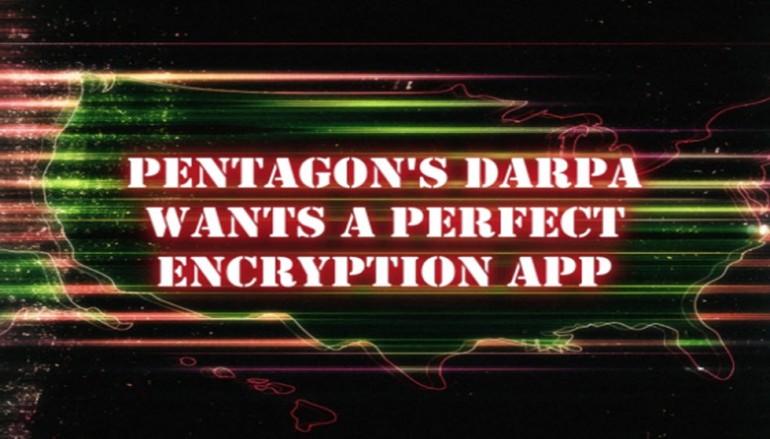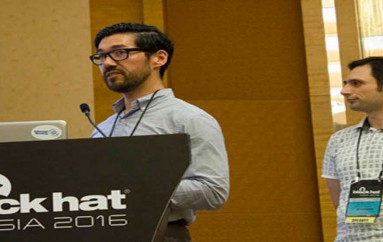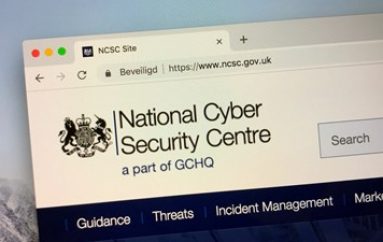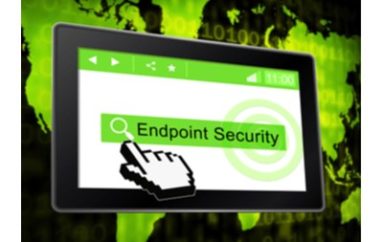
Pentagon Wants One-of-A-Kind Encryption Enabled Messaging App
DARPA, the Defense Advanced Research Projects Agency, needs a secure communication and transaction platform that utilizes all the encryption tactics and security features, which popular messaging apps like WhatsApp, Richochet or Signal uses. However, DARPA also aims to create a decentralized structure just like the Blockchain structure so that its app becomes immune to cyber attacks and spying. It can be understood that Pentagon’s research arm DARPA needs to develop a perfectly encrypted messaging app so that hackers couldn’t hack it.
The information was revealed through a notice published to look for proposals for the development of such an app. This notice was posted on a government forum through which federal research funds are allocated to small businesses.
DARPA wants a perfect encryption app and ready to pay for it
The notice states that blue sky research wing of Pentagonbasically wants to have a secure messaging app “that can provide repudiation or deniability, perfect forward and backward secrecy, time to live/self-delete for messages, one time eyes only messages, a decentralized infrastructure to be resilient to cyber-attacks, and ease of use for individuals in less than ideal situations.”
It is thus, clearly evident that DARPA is in need of a highly secure “public wall,” which be easily used or monitored by anyone but cannot be decrypted by all except for those skilled ones.
It must be noted that decentralized structure has numerous benefits such as it offer impressive resilience to surveillance because there isn’t any particular centralized server available through which a spy or hacker could steal metadata.
A freelance security researcher who helped in the development of Signal, Frederic Jacobs, states that this kind of a structure would certainly involve higher latency and it would also be hard to deploy it at such a massive scale as DARPA wants to. Jacobs acknowledges that when people will start using the service in larger proportions, “it might become challenging to find messages that are addressed to you, without revealing to other people who have the data what exactly you are looking for.”
According to an official spokesman of DARPA, this unique messaging application will get developed in three stages in which the first stage would involve the creation of a model for the abovementioned decentralized structure. This stage will also involve experimentation on encryption schemes and protocols.
In the second stage, the focus will shift towards development, testing and production of its working prototype while the third and final stage will focus entirely on the app’s “commercialization and full-scale implementation.”
So, we can assume that the research arm of Pentagon has quite ambitious aims but will their SBIR program be able to achieve this aim that is the bigger challenge.
This project comes under the Small Business Technology Transfer (STTR) program rules of DARPA. As per the rules, for the first stage, the applications will be receiving no more than $150,000 per annum and when applicant firms become eligible for the second stage then they would receive up to $1 million for two years. In the third stage, the firm or firms that have managed to reach this stage would not receive any funds at all from the federal government.





